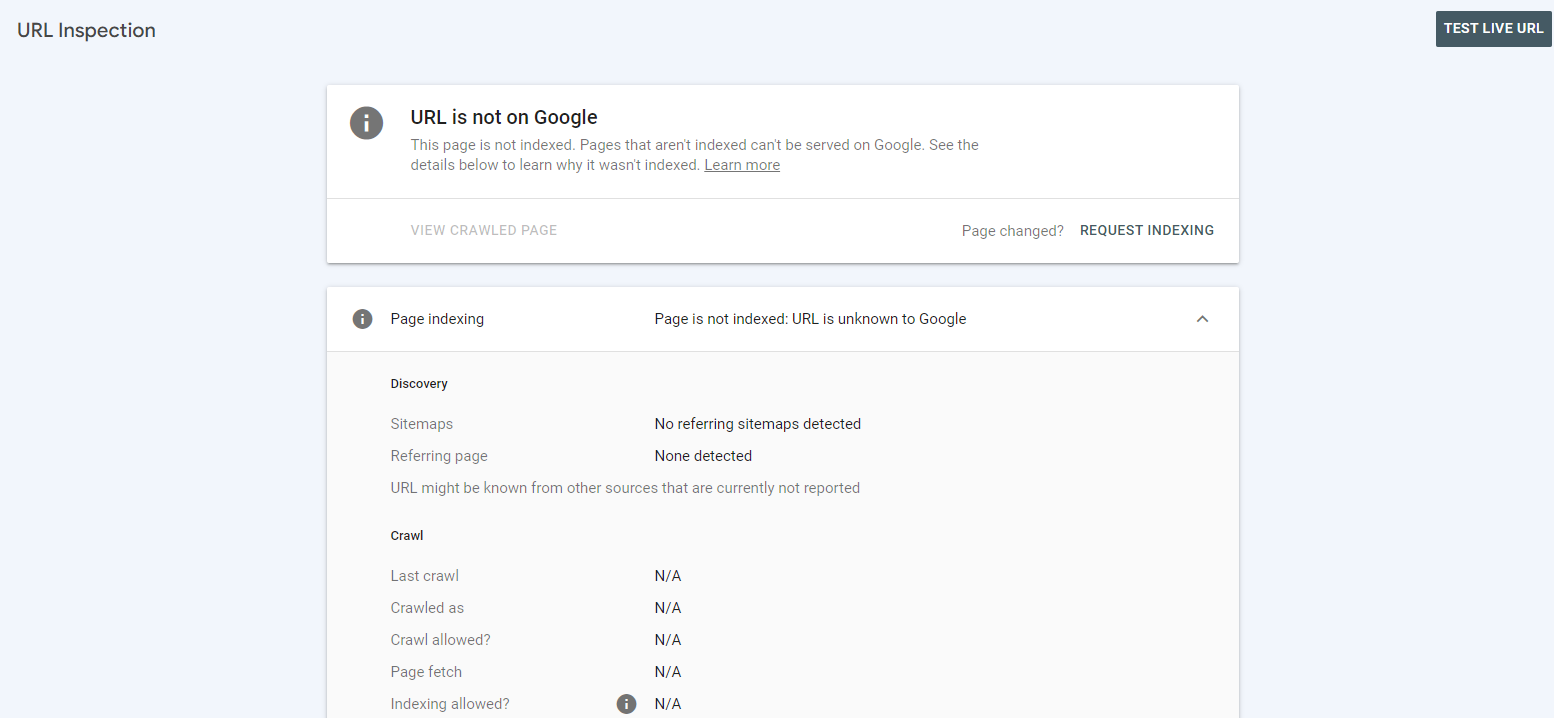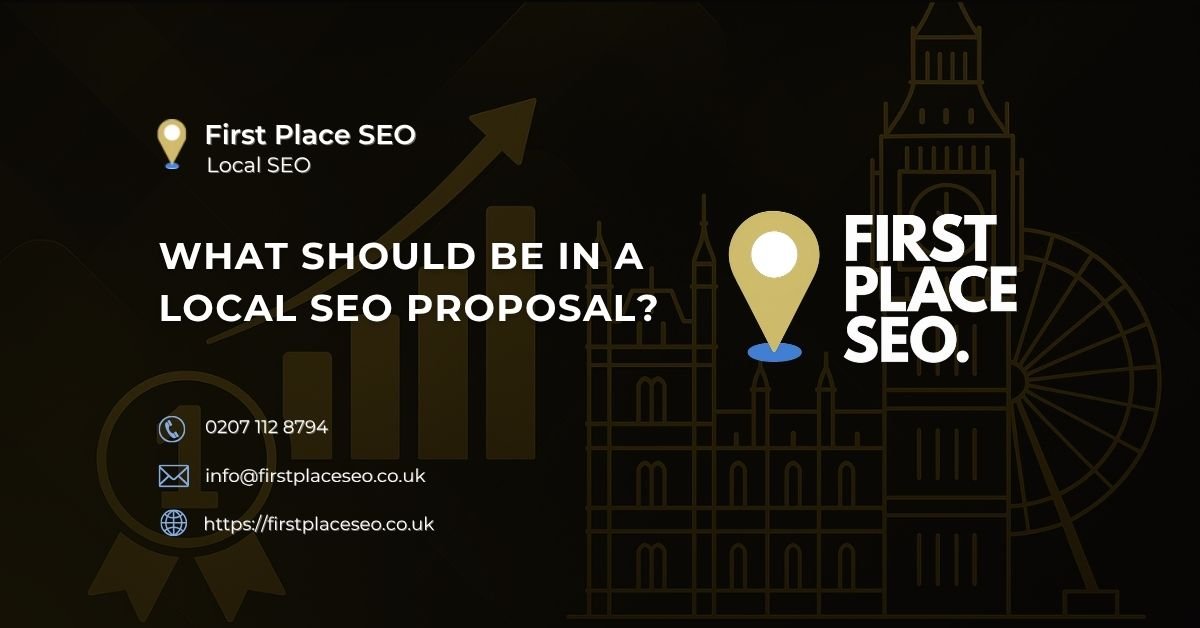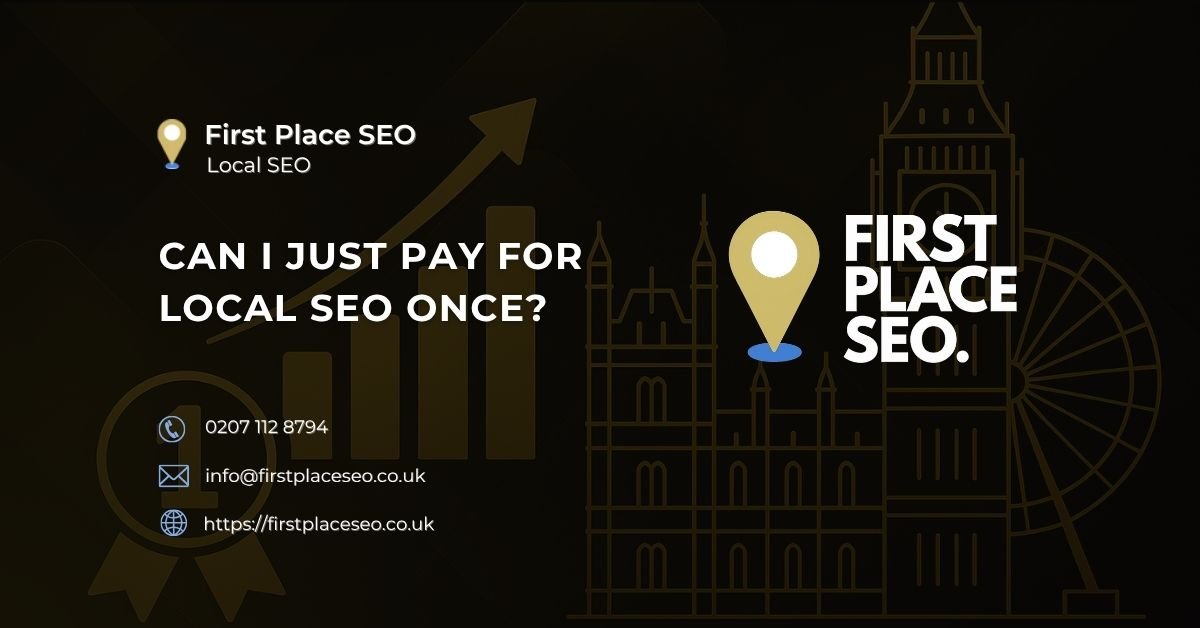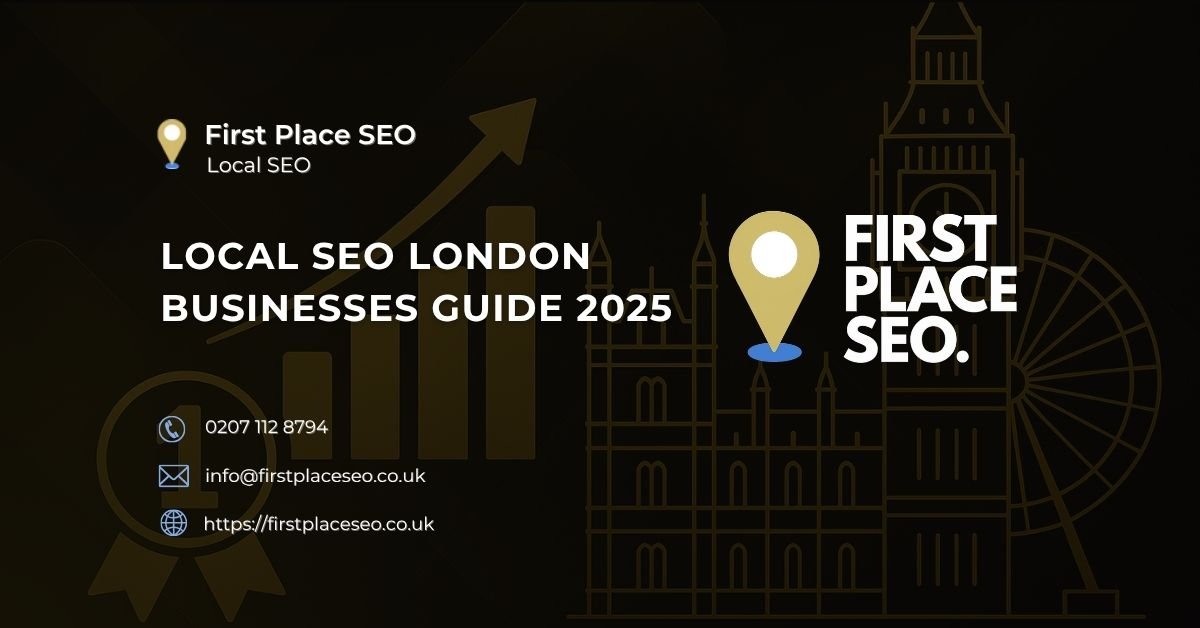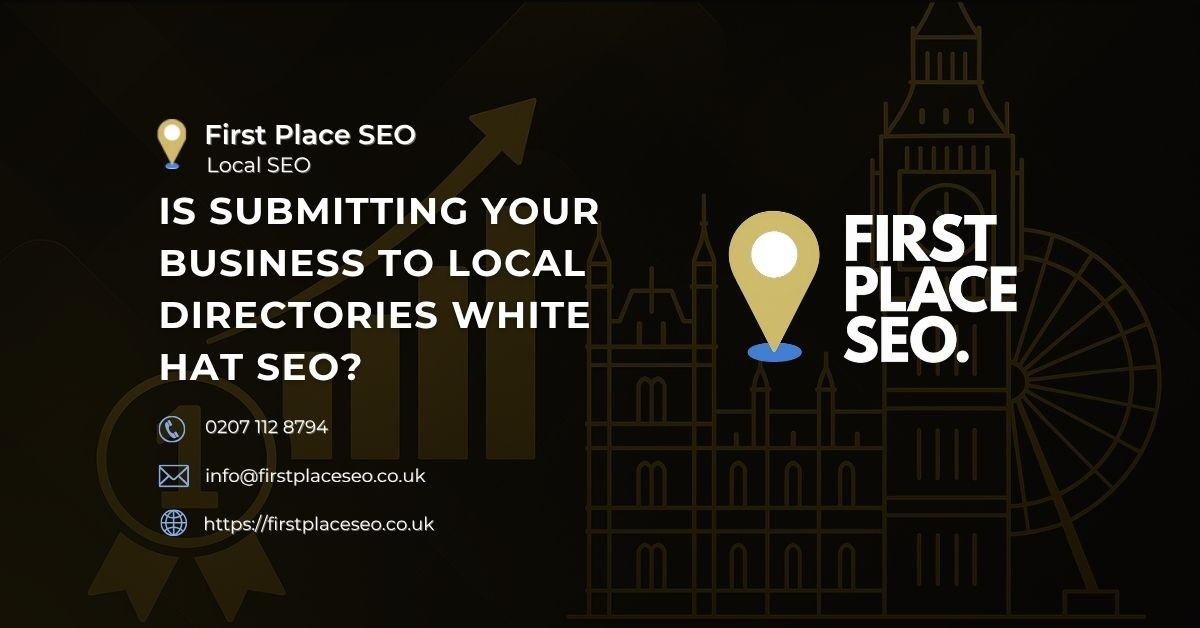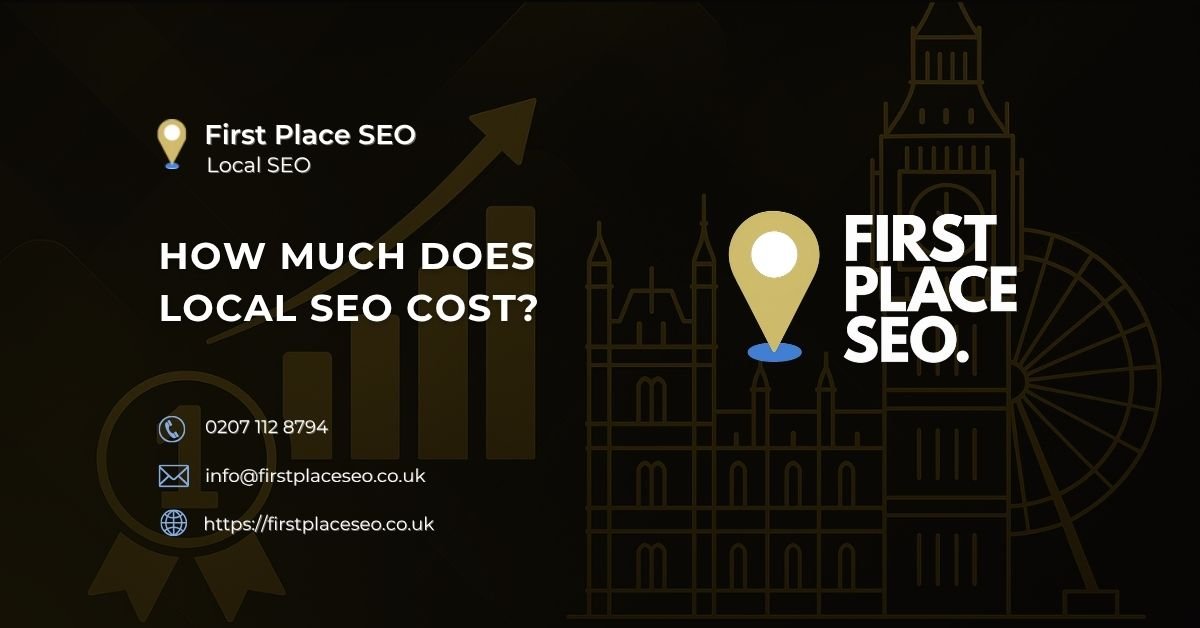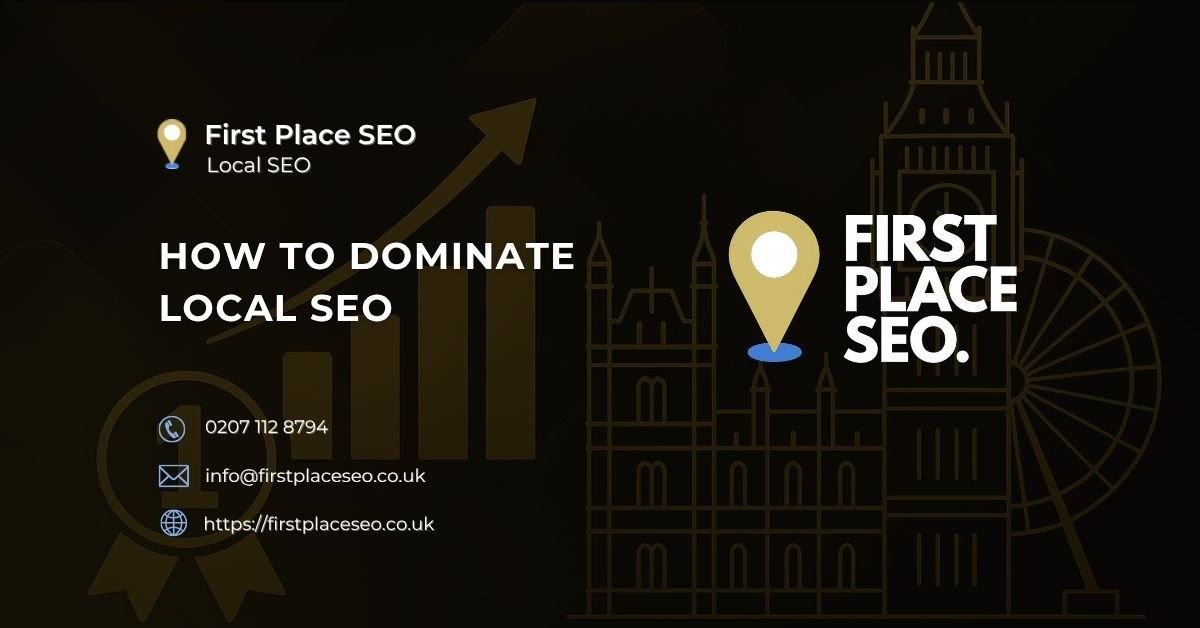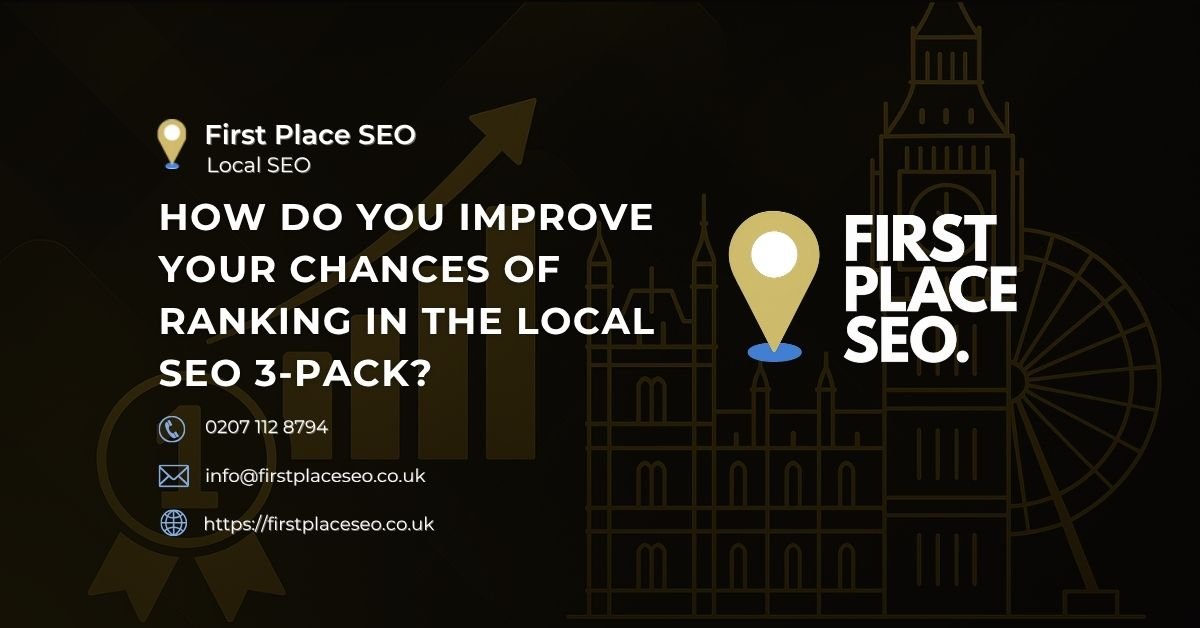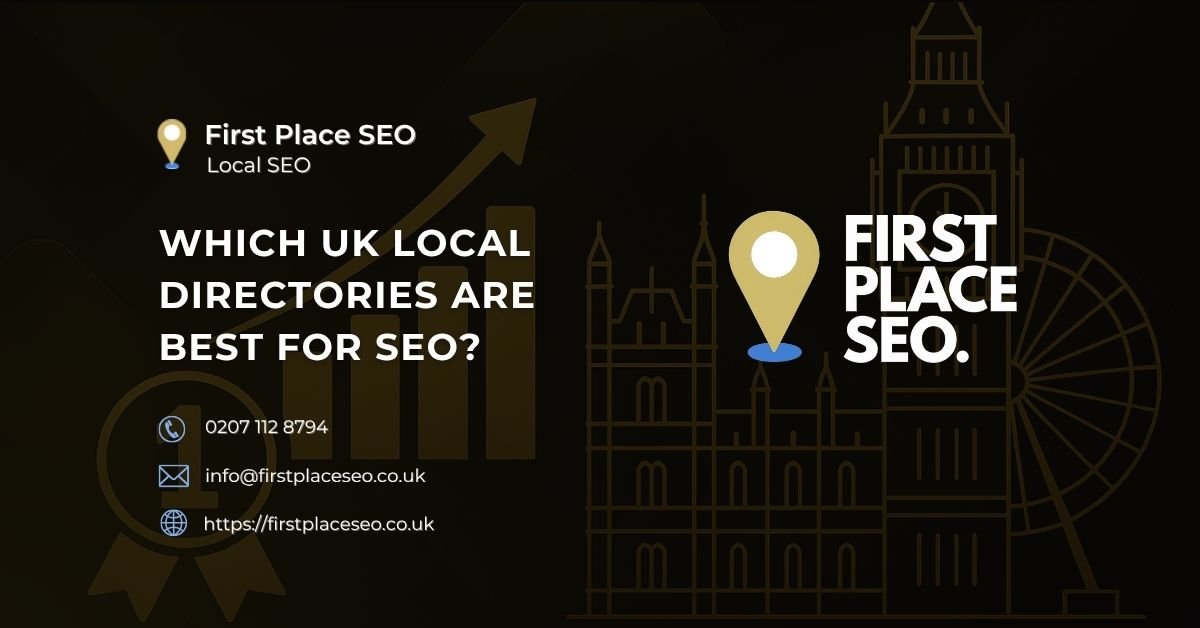3.0 On-Page Optimisation: Beyond Content
While top-notch content is the cornerstone of effective SEO, the structure and technical elements of your pages play pivotal roles in ensuring search engines can properly interpret and rank your content. On-page optimization involves fine-tuning these elements to create a seamless, search engine-friendly environment for your content to thrive. Here’s how to approach it:
3.1 Meta Magic: Crafting Compelling Snippets
3.2 URL Structure and Navigation
Search engines favor websites with clear, logical navigation and URL structures, as they make it easier for bots to crawl your site and for users to navigate it. Ensure your URLs are clean (free from unnecessary parameters), descriptive, and include target keywords where appropriate. Similarly, a well-organized site hierarchy enhances user experience and helps distribute page authority across your site.
3.3 Internal Linking: Weaving Your Web
Internal links not only aid navigation but also establish information hierarchy and spread link equity around websites. Use them to connect your content thematically, guiding users and search engines to related content that enhances understanding or provides additional value. This approach can significantly boost the SEO performance of individual pages and your site as a whole.
4.0 Image Optimisation: A Picture’s Worth a Thousand Words
Images can enrich content, making it more engaging and accessible. However, they also need to be optimized to ensure they don’t hinder your page’s loading times. Use descriptive file names, reduce file sizes, and always include alt text with relevant keywords. This not only improves accessibility for users with screen readers but also helps search engines understand the images, potentially boosting your page’s visibility in image searches.
5.0 Mobile Responsiveness and Page Speed
In today’s mobile-first world, your site must perform flawlessly on all devices. Google’s mobile-first indexing means your site’s mobile version is the benchmark for ranking, making mobile responsiveness and fast loading times critical. Use tools like Google’s PageSpeed Insights to identify and fix common issues that could be slowing down your pages.
By applying these on-page optimization techniques, you’re setting the stage for your content to shine and for search engines to take notice. It’s a harmonious blend of art and science, ensuring your pages are not only rich in quality content but also structured in a way that search engines can appreciate and reward.
